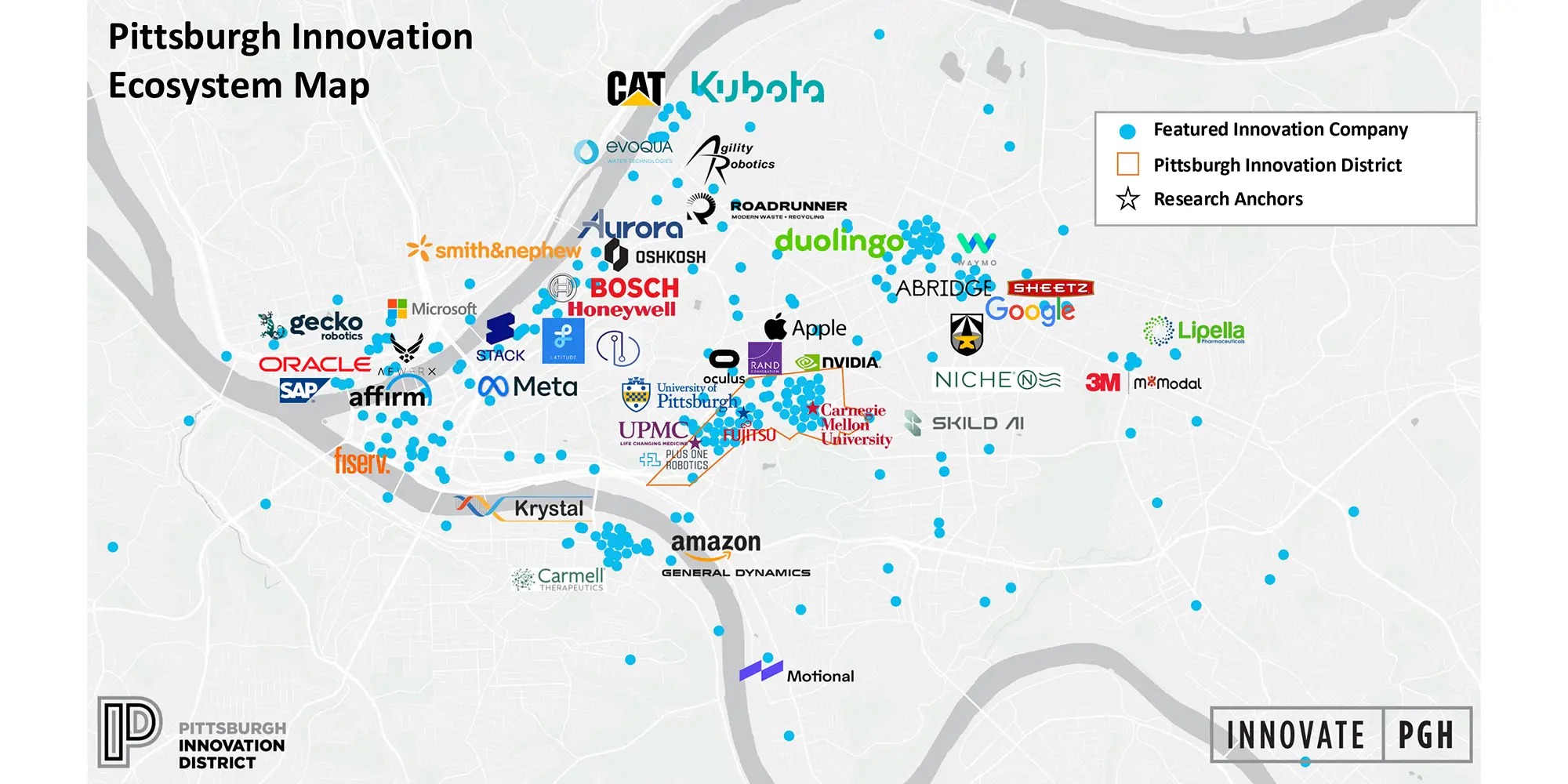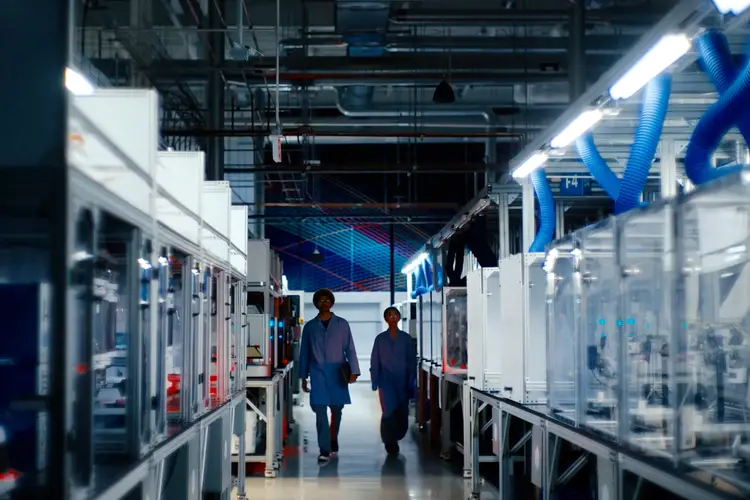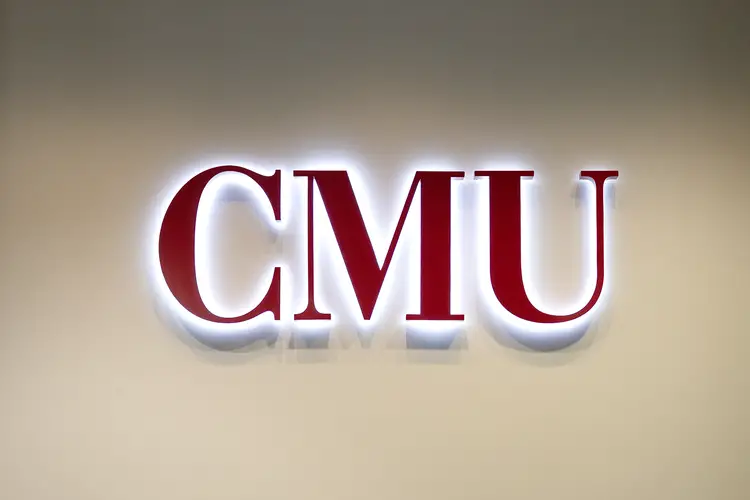
CMU Startups Bring Energy Innovation to Market
Media Inquiries
Startups launched out of Carnegie Mellon University are stabilizing the power grid, bringing climate tech solutions to market and preventing household utility service shutoffs before they happen.
“At Carnegie Mellon, we do not leave the implementation to others. We spin off companies that can move research forward in ways that directly benefit society,” said Larry Pileggi, professor of electrical and computer engineering and co-founder of CMU startup Pearl Street Technologies.
Spinning out solutions
Pearl Street Technologies is speeding up grid interconnection using a tool developed by Pileggi and his graduate students that reduces power system planning timelines from months to minutes. The tool has already been used for more than 2,000 commercial projects, enabling more than 400 gigawatts of new supply for the grid.
The company is one of a growing portfolio of startups addressing the energy sector’s more persistent problems.
Some startups are advancing the materials and components that make energy systems more efficient. CorePower Magnetics is commercializing new magnetic materials that are making electric vehicles and renewable energy systems smaller, lighter, more powerful and efficient. Another CMU startup, SeaLion Energy, is improving lithium-ion battery performance by reducing resistance and mechanical wear, helping batteries last longer and operate more reliably under pressure.
Other ventures are making energy systems smarter and more responsive. Born out of research at CMU, Peoples Energy Analytics helps utilities use behavioral data to identify customers at risk of defaulting on their energy bills and connect them with assistance programs years before they ever miss a payment.
From research to commercialization
For entrepreneurs, the path from fundamental research to commercialization is risky.
“These technologies can be game changers in enhancing energy generation and reducing energy consumption in homes, transportation and industry,” said Katelyn Haas-Conrad, assistant director of partnerships for CMU’s Wilton E. Scott Institute for Energy Innovation. “But with regulatory compliance issues, complex supply chains and high upfront costs, entrepreneurs with these highly technical startups can require a longer funding runway to achieve profitability.”
The Scott Institute aims to smooth the path from research to market through seed funding in the energy and climate tech space. This year, the Institute launched a new entrepreneurship funding initiative, awarding up to $100,000 to accelerate CMU founder ideas.
The winners span a wide range of disciplines, including business, robotics and architecture, working to turn research into viable ventures that address energy challenges. Among them is roboticist Howie Choset, the Kavcic-Moura Professor of Computer Science, whose team is improving infrastructure safety by developing robots to inspect small-diameter pipes for issues like natural gas leaks.
Ruben Quesada, an MBA candidate at the Tepper School of Business, will use support from the award to grow the customer base for his startup, Sabana, an AI-driven data management company that makes it easier for developers to source sustainable building materials.
Other awardees include Ph.D. student TJ Thomas, who is applying robotics to remove harmful algal blooms, minimizing their impact on ecosystems and public health. Architectural doctoral student Waku Ken-Opurum is pursuing prototype development of a biodegradable air filter. Her project lays the groundwork for a more sustainable alternative to conventional filters for HVAC systems, which are discarded every 3-6 months.
What’s next for regional energy innovation
As CMU continues to support early stage technologies, its startup activity is part of a broader effort to ensure the region leads in energy resilience.
A new regional consortium, led by CMU, the University of Pittsburgh and West Virginia University, unites partners across research, workforce, capital, nonprofits, communities and governments to innovate and implement critical technologies for industrial grid resilience and energy efficiency.
The Resilient Energy Technology and Infrastructure (RETI) Consortium, has been selected as a semifinalist for the prestigious National Science Foundation Regional Innovation Engines $160 million funding opportunity aimed at driving economic transformation through technological innovation.
“This recognition by the NSF reflects the urgency and promise of RETI’s mission,” said Valerie Karplus(opens in new window), associate director of the Scott Institute and a professor of Engineering and Public Policy at CMU. “We are committed to driving inclusive economic resilience through world-class research and regional collaboration.”





